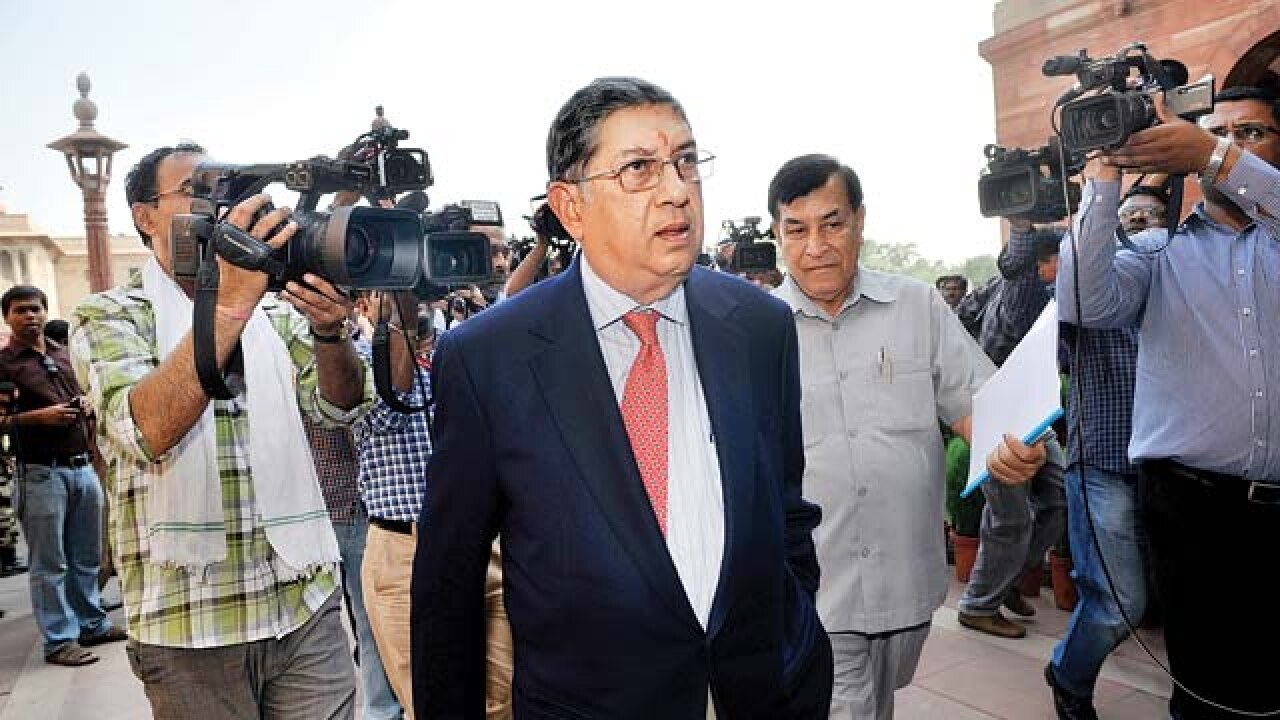
For long controlled by unscrupulous persons, sports in India has been reduced to a pathetic state. They treated sports bodies such as BCCI, DDCA, IOA and the AIFF as their personal fiefdoms. These bodies lacked accountability, transparency and effective governance. A PIL was filed by me in 2000 pursuant to the dismal performance of sportspersons in the international arena as a sports lover and activist. This PIL was hotly contested. The BCCI pleaded that no sports body could be challenged in court by a rank outsider. But the Delhi High Court, in a landmark verdict, held that though the BCCI and DDCA are private bodies, they perform key public functions such as selection of Team India and represent the country while enjoying various other facilities from the State. Thus they were accountable to every Indian citizen and amenable to writ jurisdiction under Article 226 of the Constitution of India. This view was later upheld by the Supreme Court.
Though feuds in BCCI and other sports bodies were rampant, it took proactive court orders to end the regimes of Jagmohan Dalmia, N Srinivasan, Suresh Kalmadi, VK Malhotra, the Chautala brothers and Lalit Bhanot to name a few. The ruckus during the Commonwealth Games in Delhi spawned allegations of widespread mismanagement, large scale corruption, and lack of professionalism. This exposed many high and mighty so-called administrators of sports in the eyes of public and the Courts. In another PIL filed by me, in 2010 the High Court ordered holding of fresh elections to various national sporting federations, increase in vigilance by the sports ministry, and stern action against defaulting sports bodies which violated norms pertaining to the limitation of age of office bearers to 70 years and restriction of their tenures to a maximum of two. Now the turn of the BCCI has also come.
The match/spot fixing episode and then BCCI president N Srinivasan’s arrogance while protecting his son-in-law Gurunath Meiyappan and the conflict of interest involving his franchise Chennai Superkings prompted the Supreme Court to appoint the three-member Justice RM Lodha committee to probe the dismal functioning of BCCI. This committee gave far-reaching recommendations culminating in the judgment of the Court on July 18 last. A six-month period was given to the BCCI and its state member associations to usher in well-meaning reforms. Even after all this, the BCCI, a cosy club of powerful politicians cutting across party lines, bureaucrats and sycophants failed to implement the said judgment. Instead, a top official of the BCCI approached the Supreme Court to negate the recommendations of the Justice Lodha Committee by submitting a false affidavit and showing blatant disregard to the verdict pronounced by the highest court of the land. The BCCI’s highly contemptuous attitude to the judgment delivered by the Bench headed by the Chief Justice of India deserves strong condemnation. Thus, the final judgment of the Supreme Court on Monday should serve as an eyeopener to not only the powers that be within the BCCI, but all other national sporting federations (NSFs) and their member associations. Now the sports ministry needs to conduct a surgical strike on the warped and fake electoral college of all sports bodies so that the sons, wives, daughters, nieces, nephews and other relatives of the reluctant and disgruntled ousted state members of these bodies are removed and kept away from them.
In order to once and for all address the ills that plague Indian Sports and its administration, its reformation needs four urgent initiatives: ‘depoliticisation’ of sports, ‘swaraj’ in sports through self-rule by sports personalities, embracing ‘khelpal’ through enactment of a National Sports Development Bill and finally bringing the BCCI and its Member Associations under the ambit of the Right to Information Act just like all other NSF’s of India. Finally, one hopes that the powerful political class which has a deep-rooted vested interest in maintaining status quo does not subvert and defeat the mandate of the Supreme Court by introducing a weak, ineffective and watered down Sports Bill.
Rahul Mehra is a Delhi-based lawyer and sports activist.